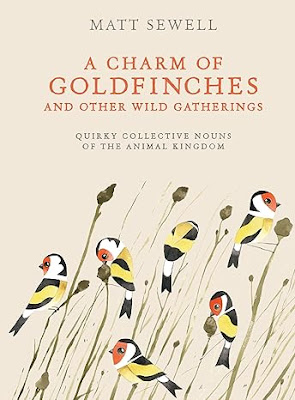In the late 1950s, in a small New England town, Reverend Tyler Caskey has suffered a terrible loss and finds it hard to be the person he once was. He struggles to find the right words in his sermons and in his conversations with those facing crises of their own, and to bring his five-year-old daughter, Katherine, out of the silence she has observed in the wake of the family’s tragedy. Tyler’s usually patient and kind congregation now questions his leadership and propriety, and accusations are born out of anger and gossip. Then, in Tyler’s darkest hour, a startling discovery will test the humanity of his parish — and his own will to endure the trials that sooner or later test us all. (I had a hard time finding a picture online of the old paperback version in my hands, so thanks to whoever posted the one above.)
Musing
The book itself seems to be musing about the life of this preacher and his little daughter. So let's define the word, at least in its verb form:
muse / myo͞oz / verb = to be absorbed in thought. Example: "He was musing on the problems he faced." Similar words are: ponder, consider, think about, mull over, reflect on, contemplate, meditate on, give some thought.












































